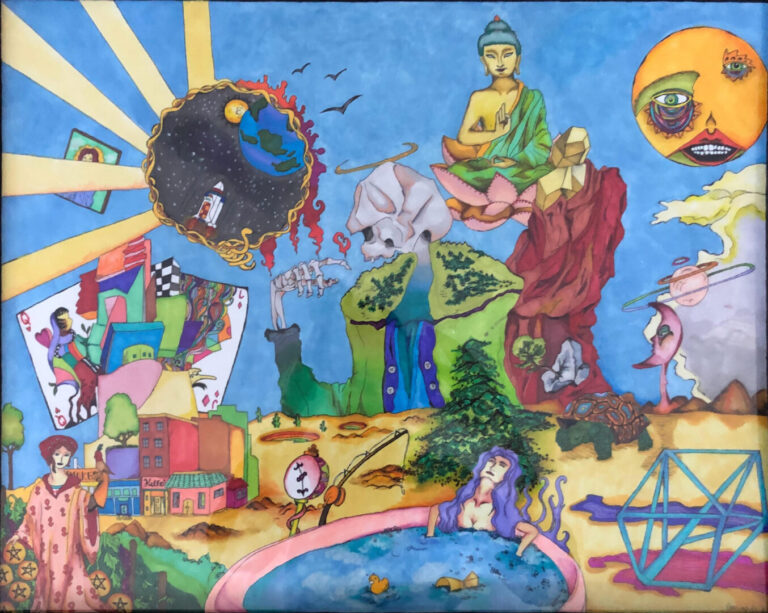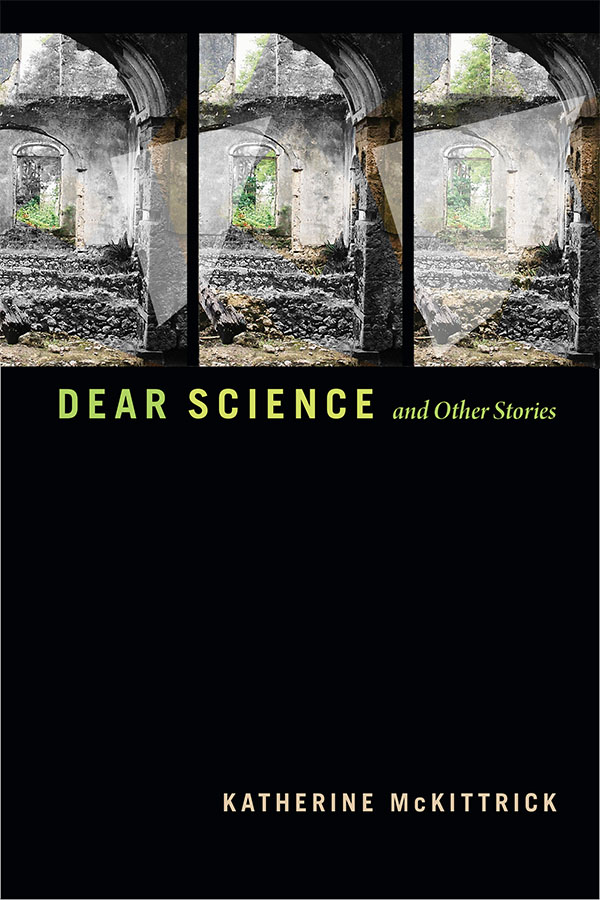With a mix of prose, critical reflection, and an accompanying series of drawings inside a daily planner, this intimate essay reimagines multiple conceptions of “space” in relation to different kinds of sickness and wellbeing. Meditating on COVID-19 quarantine spaces and bipolar disorder mood/mind-spaces allowed me to discover messied “third” spaces that explore margins, and complicate ideas of boundaries and binaries. Doing so allowed me to think through new possibilities of healing, restoration, and intimacy when we talk about mental health. I offer up my personal account of a young female Asian American graduate student navigating a ten-year struggle with clinical bipolar disorder, and the personal experiences of “madness,” relapse, and recovery during the winter and spring of 2021. I reflect on my daily routines inside my 800-square-foot apartment and my growing realization that prevailing ideas of “space” are incomplete and contradictory—but can be replete with futurities and learning possibilities. Fittingly, this creative piece does not endeavor to offer any neatly packaged analysis or solid conclusions. Instead, I present one account of grappling with mental illness under extraordinary circumstances and hope it can speak to individual and collective discussions on mental health, disability, and spatiality.
Keyword: space
Review of Dear Science and Other Stories by Katherine McKittrick (Duke University Press)
With Dear Science and Other Stories, Katherine McKittrick does the work of liberation and enacts new ways of being. Building on her previous studies, this collection engages in a story-sharing, collaborative praxis that emerges from a “black sense of place.” McKittrick’s Black and anti-colonial methodologies are “rebellious,” “relational, intertextual, and interdisciplinary”—thereby “breaching” the “recursive,” “self-replicating” logics of “our present order of knowledge” (44, 2, 23, 163). Dear Science invents, reinvents, and reimagines “being human as praxis” through an aesthetic practice of deciphering theoretical texts, photographs, sounds, dance, and song (159). Illustrating her commitment to Black intellectual life, McKittrick writes, listens, and feels in communion with other creatives. In so doing, McKittrick skillfully bursts open the gatekeeping conventions that limit thought, and challenges readers to question what they think they know.

